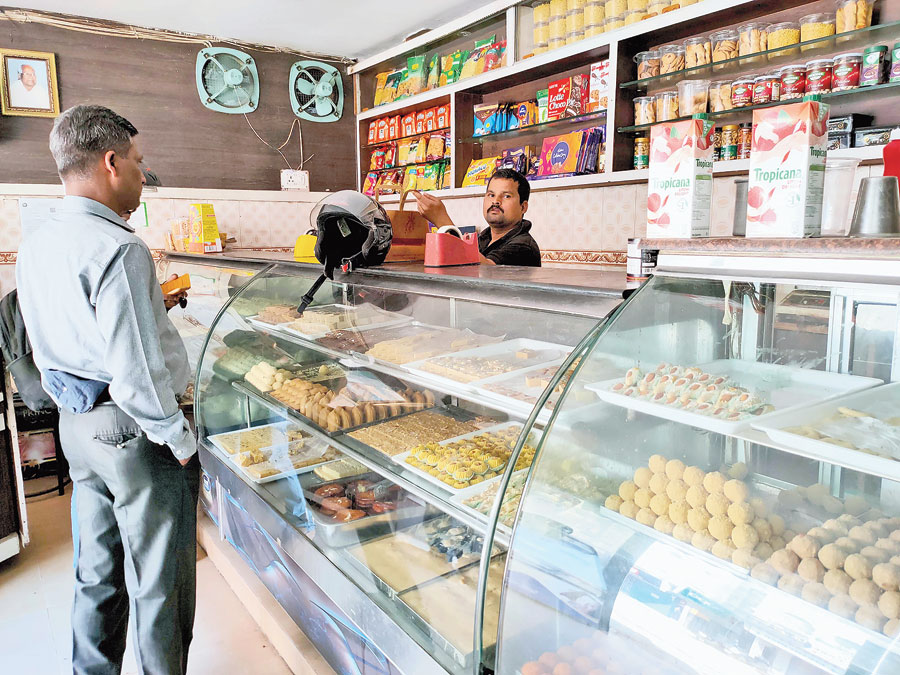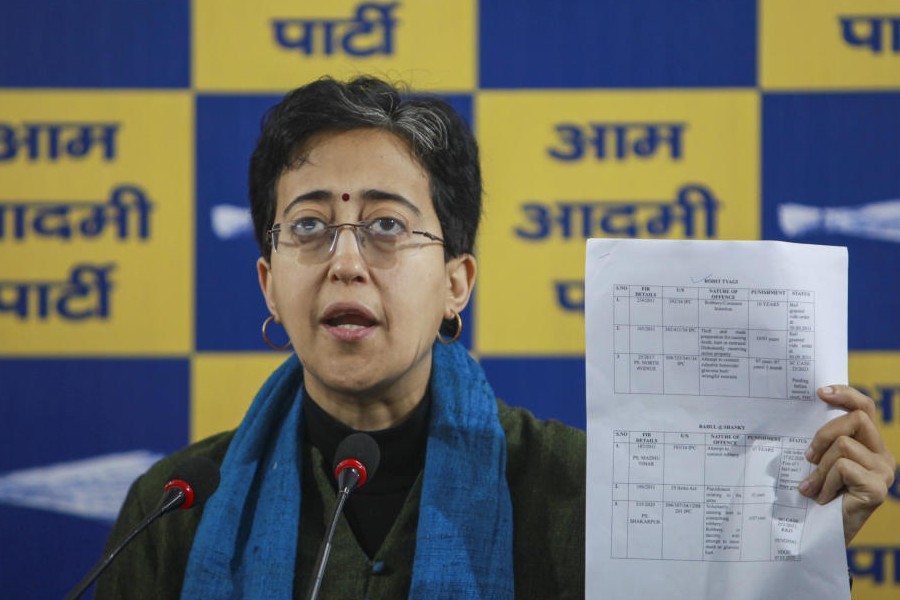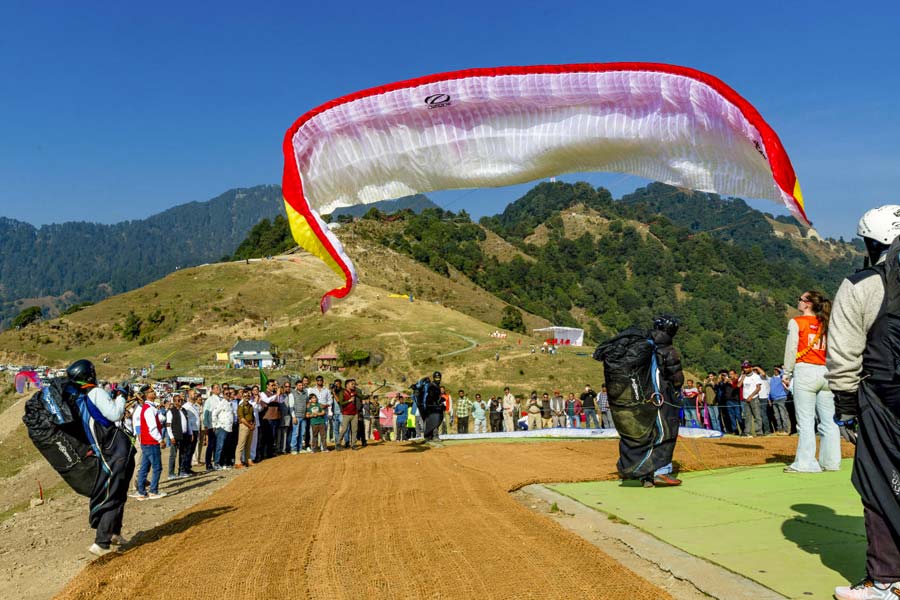The state health department put sweet shops under the scanner to curb the sale of adulterated products in view of Holi on March 10.
A directive issued by principal health secretary Nitin Madan Kulkarni on Wednesday evening to all deputy commissioners, sub-divisional officers (SDOs) and food safety officers has called for daily inspection and collection of samples from sweet shops.
“We have asked all the deputy commissioners and the SDOs for constitution of a dedicated team for inspection and collection of samples from sweet shops and send the samples to the food testing lab (at Namkum in Ranchi),” said Nitin Madan Kulkarni.
Health department sources said the directive has also asked for special focus on khoya-based sweets, and milk products including paneer during collection of samples.
“Most sweets are made from khoya and milk products. In addition, there have been reports of adulteration in paneer,” said a senior official deputed in the health directorate. “The objective (of the inspections) is to create a sense of fear amongst sweet shops who otherwise use adulterated products during bulk sales on festive occasions to make fast profit. The food samples report would reach the respective districts food safety officers within 14 days and suitable action would be taken against the food operators as per FSSAI (Food Safety and Standards Authority of India) norms.”
As per FSSAI norms if a food product is found unsafe the food business operator may be levied with a maximum fine of Rs 10 lakh along with imprisonment that can even extend up to a life term.
Contacted, Namkum-based food lab analyst Chaturbhuj Meena said it would take between 10 and 15 days to issue results of samples sent now.
“We are mandated to send results of samples within 14 days. The process to test a sample as per FSSAI norms is rigorous. We get over 10-12 samples on average daily from districts and this would increase manifold during the festive season,” Meena said
According to the National Referral Centre for Lead Poisoning Prevention in India, cheap artificial colours used in sweets are a major health hazard.
Metanil yellow, a lead-based, carcinogenic dye is used to give laddoo and biryani their inviting colour instead of the permitted tartrazine, which is more expensive. Metanil yellow is cancer-causing and is known to affect the brain and kidneys. On a lesser scale, Sudan III, a non-permitted dye used in gulab jamun, causes skin irritations.
Similarly, muriatic acid and lead nitrate in paneer and formalin in milk increase their thickness but are toxic and affect the central nervous system.
“Usually khoya made with milk thickening by cooking it over low heat for hours is adulterated with starch and fine flour to give a thick, rich texture to sweet and comes under substandard quality,” said an official at the food testing lab.
Ranchi deputy commissioner Rai Mahimapat Ray said that they have started collecting samples from Wednesday and would continue every day till Holi.
East Singhbhum deputy commissioner Ravi Shankar Shukla said that process has begun for starting of inspection and collection of samples in Jamshedpur and outskirts.











